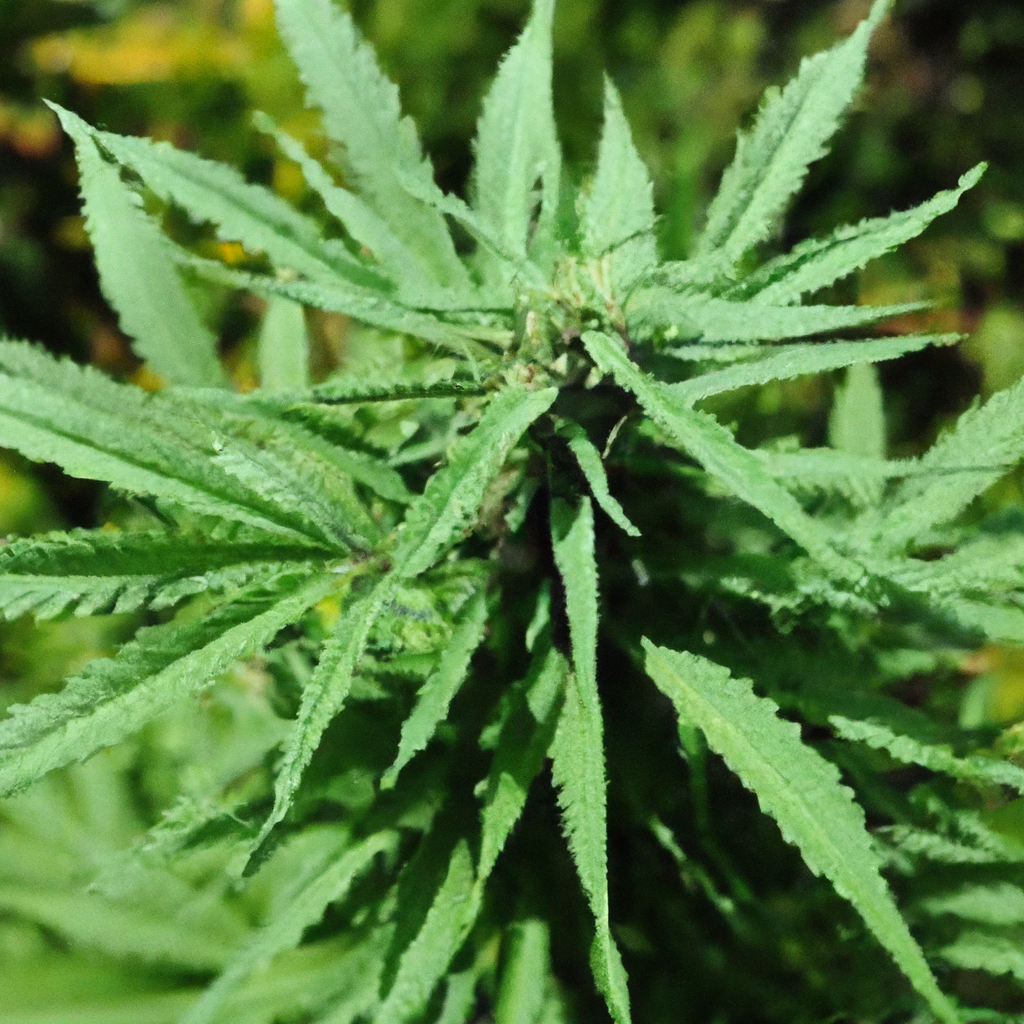Your cart is currently empty!
As the cannabis industry grows, so does the interest in sustainable and eco-friendly cultivation methods. Organic cannabis cultivation offers a harmonious approach that is not only beneficial to the plants but also to the environment and consumers. Delve into the world of organic cannabis growing and discover the best practices for cultivating healthy, robust plants without synthetic chemicals.
Introduction to Organic Cannabis Cultivation
Organic cannabis cultivation emphasizes gentler methods, focusing on the use of natural fertilizers, compost, and biological pest control. This approach supports biodiversity and builds a resilient soil ecosystem, mitigating environmental impact while enhancing plant health and yield quality.
Key Practices for Organic Cannabis Growth
1. Enriching Soil with Natural Fertilizers
Natural fertilizers such as compost, worm castings, and bat guano are integral to organic cannabis growing. These organic amendments improve soil structure and provide a consistent release of nutrients, fostering plant development and boosting cannabinoid production.
2. Implementing Composting Techniques
- Kitchen Waste: Utilize kitchen scraps and plant material to create rich compost.
- Aeration: Regularly turn your compost pile to maintain airflow and accelerate decomposition.
- Balancing Ingredients: Mix green (nitrogen-rich) and brown (carbon-rich) materials for optimal nutrient balance.
3. Natural Pest Control Methods
Organic pest management involves using beneficial insects like ladybugs and predatory mites to control pest populations naturally. Companion planting with herbs such as basil and marigold can also deter unwanted pests and attract helpful pollinators.
Building a Healthy Soil Ecosystem
A thriving soil ecosystem is the foundation of successful organic cultivation. Practices like crop rotation and mulching not only prevent soil depletion but also conserve moisture and maintain soil integrity. Introducing beneficial microbes can further enhance soil health by aiding nutrient uptake and protecting plant roots from diseases.
The Environmental and Consumer Benefits
Organic cannabis cultivation promotes sustainability by reducing the use of synthetic fertilizers and pesticides, thus minimizing pollution and conserving biodiversity. For consumers, organically grown cannabis often offers a cleaner, more flavorful product free from chemical residues, aligning with increasingly eco-conscious consumer preferences.
Conclusion
Embracing organic cannabis cultivation practices paves the way for a more sustainable, environmentally friendly future for both growers and consumers. By focusing on natural methods, growers can produce high-quality cannabis that supports both planetary health and consumer well-being.
Explore these organic cultivation practices and join the movement towards a greener cannabis future.
Tags: OrganicGrowing, NaturalCultivation, SustainableAgriculture, PestControl, SoilHealth
Discover more from Magic Clones
Subscribe to get the latest posts sent to your email.


Leave a Reply